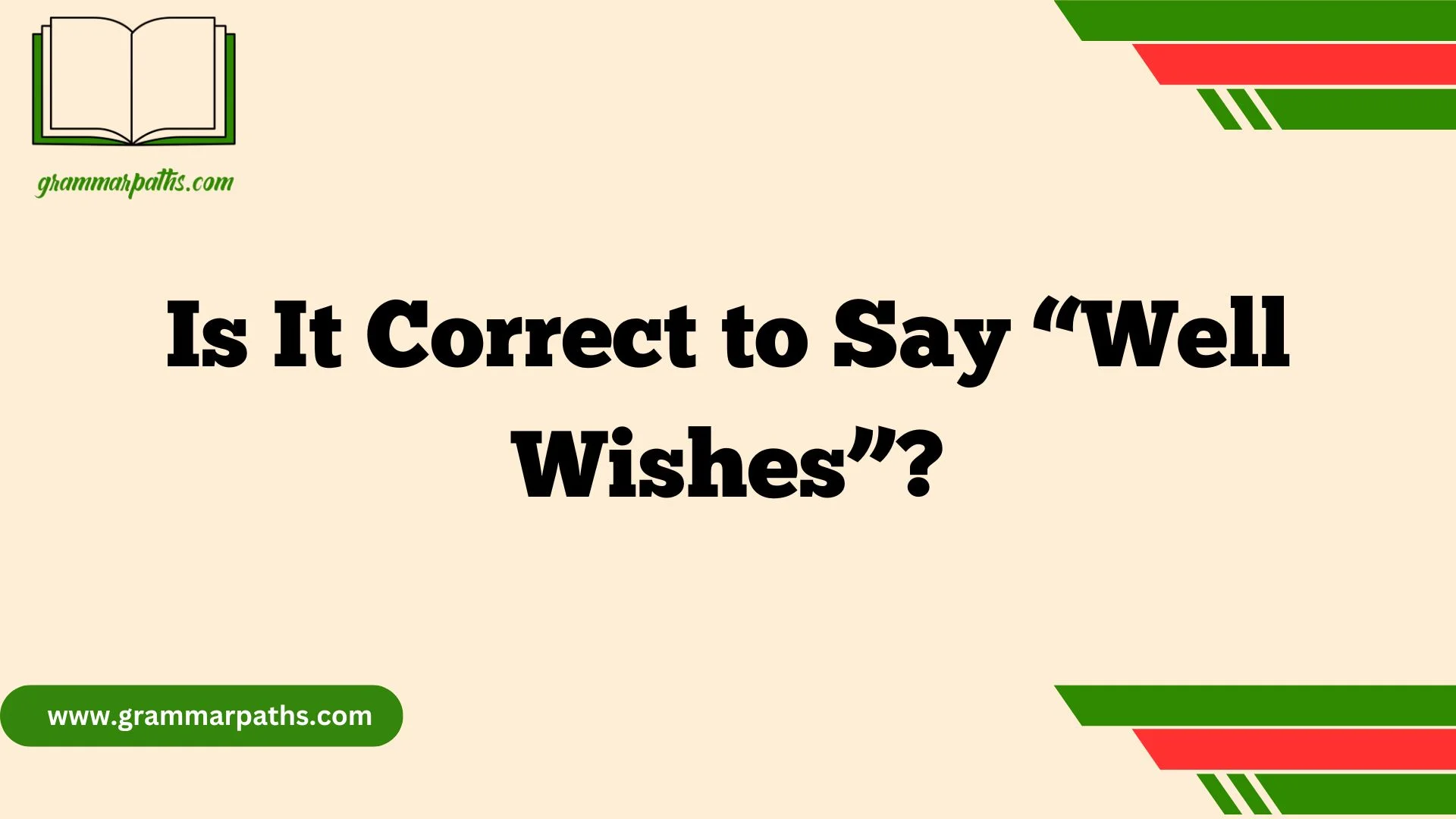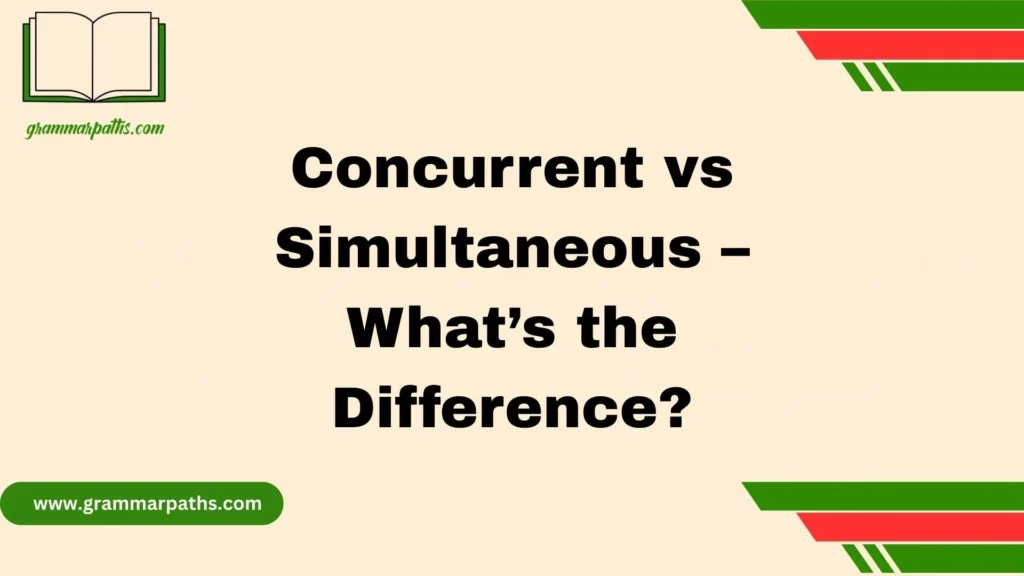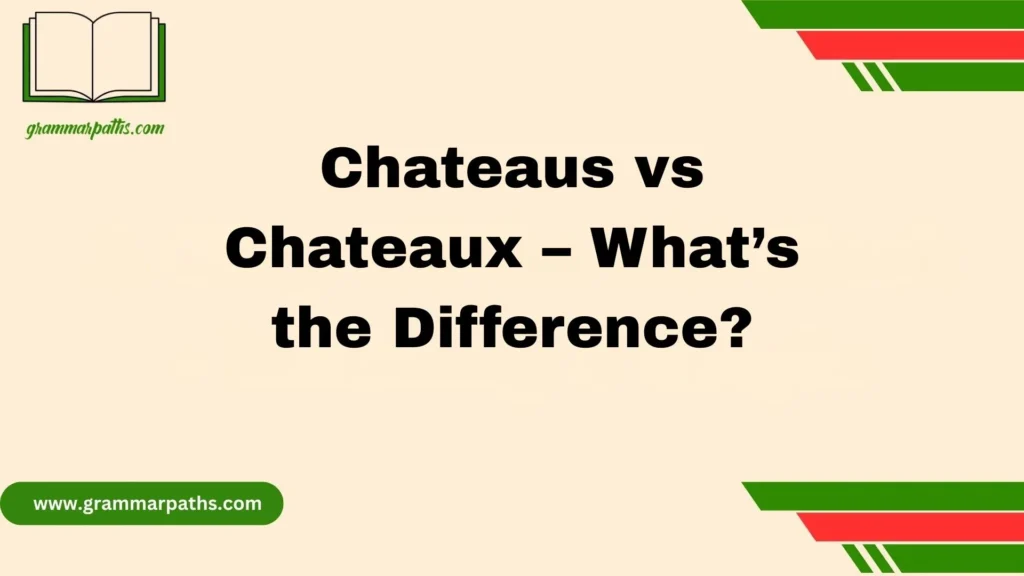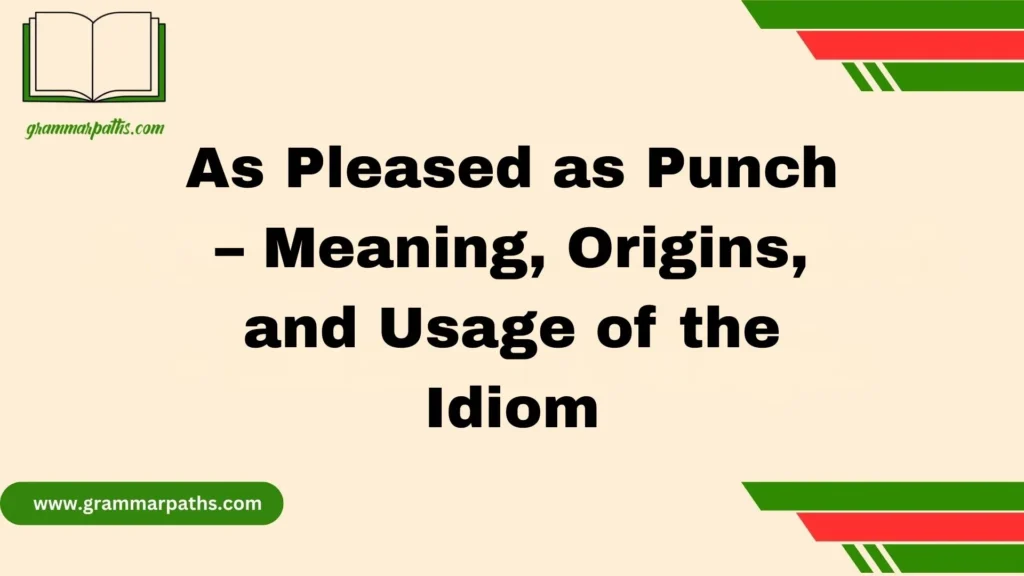Not long ago, I was sending a quick message to a friend who was recovering from surgery. Without thinking too hard, I typed, “Thanks for the well wishes!” It sounded right—warm and familiar. But then I stopped and wondered: Is that phrase actually correct?
Curious, I dug into the phrase’s usage and found out that “well wishes” has sparked quite a bit of debate among grammar lovers. Some say it doesn’t have a strong grammatical structure, while others argue it works fine based on common usage. It really made me think about how often we use everyday expressions without truly knowing the rules behind them.
A few days later, I came across an article that tackled this exact topic. It was straightforward and insightful, offering clearer and more widely accepted alternatives like “best wishes.” That phrase felt smoother, especially in a formal setting.
Reading that helped me understand the balance between warmth and correctness in language. Sure, “well wishes” doesn’t break any hard grammar rules—but it can sound slightly off, particularly in professional or formal communication. It reminded me that word choice matters, and that knowing when to lean into casual phrases versus polished ones is a key part of being an effective communicator.
In the end, it’s not just about grammar—it’s about choosing the words that carry the right tone, with both kindness and clarity.
What Does “Well Wishes” Mean?
“Well wishes” is a phrase often used to express hope for someone’s well-being. It can pop up in contexts like:
- “Sending well wishes for a speedy recovery.”
- “Well wishes and congratulations!”
In essence, it combines well (meaning healthy or good) and wishes (plural of wish). It indicates multiple expressions of goodwill.
Usage in Real Situations:
- Healthcare: “Well wishes for your upcoming surgery.”
- Graduations: “We send well wishes on your achievement.”
- Holidays and birthdays: “Warm well wishes to you this season.”
These are everyday uses. However, they sometimes raise eyebrows—hence this deep dive.
Is “Well Wishes” Grammatically Correct?
At first glance, it seems okay: well modifies wishes. But English grammar often rewards precision.
Grammar Breakdown
- Well is typically an adverb, though it has noun forms too (“pass with a well”).
- Wishes is a plural noun.
The Issue:
Using well as an adjective before wishes can feel odd. Most style guides prefer best wishes, warm wishes, or kind wishes. The redundancy—or clunkiness—makes “well wishes” less elegant.
What Linguists Say
- Many express discomfort with it, calling it a “word salad.”
- Others note it’s informal and emerging in casual usage.
Conclusion: It’s not strictly wrong, but it’s less polished than alternatives.
Common Mistakes & Misconceptions
Let’s look at several frequent misconceptions:
Confusion Chart
| Phrase | Correctness | Tone | Use Case |
| Best wishes | ✅ Preferred | Formal/Neutral | Major life events |
| Warm wishes | ✅ Accepted | Warm/Festive | Holidays, celebrations |
| Kind wishes | ✅ Suited | Empathetic | Sympathy, condolences |
| Well wishes | ⚠️ Debated | Casual | Informal messages |
“Best wishes” is the gold standard for many occasions—professional, personal, formal or informal.- “Well wishes” often causes confusion and can feel awkward, especially in formal writing.
“Best Wishes” vs “Well Wishes”: What’s the Difference?
You’ve probably seen both on greeting cards. But which one fits when?
Comparison Table
| Feature | Best Wishes | Well Wishes |
| Usage Frequency | Very common | Less common in formal use |
| Tone | Neutral, versatile | Casual/informal |
| Formal Acceptance | ✅ Widely accepted | ⚠️ Some consider awkward |
| Professional Settings | Always suitable | Preferably avoided |
Recommendation: Stick with “best wishes” in professional or formal contexts. It’s reliable and universally recognized.
Alternative Phrases to Use Instead of “Well Wishes”
Here’s a list of solid alternatives—sorted by tone:
Formal
- Best wishes
- Kind wishes
- Respectful wishes
Friendly
- Warm wishes
- Heartfelt congratulations
- Happy thoughts
Casual
- Cheers and best
- Well done and take care
- All the best
Examples
- Email: “Best wishes for your new role!”
- Invitation: “Warm wishes on your big day.”
- Text: “Cheers and best for the weekend!”
How to Use “Wishes” Correctly in a Sentence
Understanding when to use singular vs. plural and ensuring precision matters.
Grammar Tips
- Use singular “wish” for a specific intention: “My wish is that you succeed.”
- Use plural “wishes” for multiple or continuous hopes: “Sending many wishes on your graduation.”
Sentence Examples
- Not ideal: “Sending you my wish.”
- Better: “I wish you success in your new role.”
- Best: “Sending my best wishes for your future.”
Examples of “Well Wishes” in Real Life (Correct & Incorrect)
Case Study 1: Email to Colleague
| Original | Edited | Comment |
| “I’d like to send you well wishes.” | “I’d like to send you my best wishes.” | “Best wishes” reads more natural. |
Case Study 2: Social Media Post
- Original: “Thanks for the well wishes!”
- Casual posts often overlook it. People understand and move on.
- Casual posts often overlook it. People understand and move on.
- Better: “Thanks for the best wishes!”
- Cleaner and friendlier.
Expert Opinions & Language Authorities
Let’s hear from the pros:
“Best wishes is the standard expression. Well wishes sounds awkward to many speakers.” — Grammar guide
They agree—it’s better to use more conventional alternatives. Style guides like Oxford and Chicago also promote clarity and propriety.
Is It Ever Acceptable to Use “Well Wishes”?
Yes, but only in specific scenarios.
When It’s Fine
- Casual SMS or chat with friends
- Low-stakes social media comments
- Informal spoken language
When to Avoid
- Business correspondence or professional contexts
- Formal invitations, announcements, or speeches
- Academic or published writing
How to Politely Correct Someone Using “Well Wishes”
Imagine a coworker emails you: “Sending well wishes for the meeting.” You notice the tone feels off.
Gentle Correction Tips
- Acknowledge positively: “Thanks so much.”
- Offer upgrade: “Maybe best wishes would sound more polished in our memo.”
- Provide rationale: “It reads as more professional.”
Sample Response
“Thanks for drafting that email! I love the tone. One quick tweak—you could use “best wishes” instead of “well wishes.” That phrasing is more common in formal messaging.”
Final Verdict: Should You Use “Well Wishes”?
| Situation | Use “Well Wishes”? | Use Instead |
| Texting with friends | Yes | — |
| Emailing a manager | ❌ No | Best wishes |
| Calling into a podcast | Sometimes | Depends on tone and audience |
| Summary: Should you use it? | Use at your own risk | Stick with better alternatives |
Bottom line: In formal or semi-formal contexts, avoid “well wishes.” It rarely brings value and can undermine your message.
FAQ:
What is another term for well wishes?
Other terms for well wishes include kind regards, best wishes, warm regards, good thoughts, and positive vibes. These phrases are often used to express support, care, or encouragement.
What do you mean by well wishes?
Well wishes are kind and thoughtful expressions meant to show hope for someone’s health, happiness, or success. They’re often shared during celebrations, illnesses, or challenging times.
How do you say well wishes to someone?
You can say well wishes by phrases like “Wishing you all the best,” “Take care,” or “Sending positive thoughts your way.” Customize it based on the situation to show sincerity and warmth.
Do you say thank you for the well wishes?
Yes, a polite response is “Thank you for the well wishes” or “I appreciate your kind words.” It’s a respectful way to acknowledge someone’s kindness and support.
What is better than best wishes?
You can say “Warmest regards,” “Heartfelt wishes,” or “All the very best.” These variations feel more personal and carry a stronger emotional tone than just “best wishes.”
What is sending well wishes?
Sending well wishes means offering kind and thoughtful messages to show you care. It can be for someone’s birthday, recovery, new job, or just to uplift their spirits during tough times.
Conclusion:
After examining its structure, usage, and grammatical accuracy, it’s clear that while “well wishes” is widely used in casual speech, it’s not the most grammatically precise phrase. The term combines “well,” an adverb or adjective, with “wishes,” a noun, creating a construction that may feel awkward to language purists. More traditional and widely accepted alternatives like “best wishes,” “warm wishes,” or “good wishes” are considered more correct in both formal and informal contexts.
That said, language evolves with usage, and “sending well wishes” is generally understood and accepted in friendly, heartfelt communication. It’s not grammatically wrong per se—it’s just less common in formal English writing. If your goal is clarity, professionalism, or correctness, opting for phrases like “best wishes” or “kind regards” is a safer choice.

Mia Rose is the passionate writer and founder of GrammarPaths.com, a resource dedicated to helping learners master English grammar, idioms, and writing skills with ease. With a deep love for language and years of experience in teaching and content creation, Mia simplifies complex grammar rules into clear, practical guides that readers can instantly apply.












